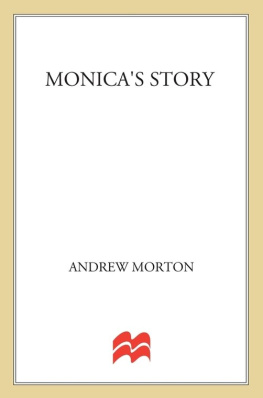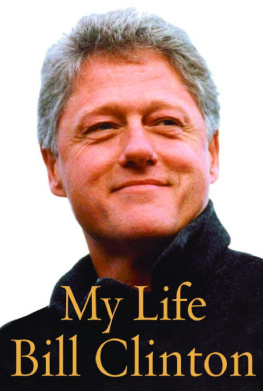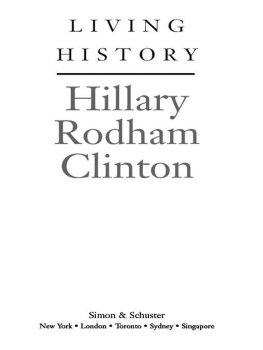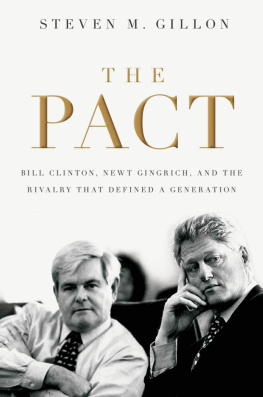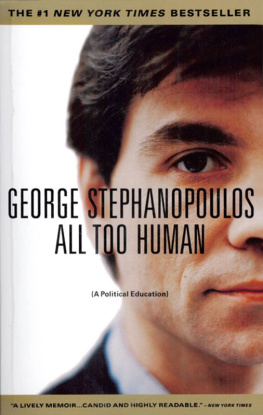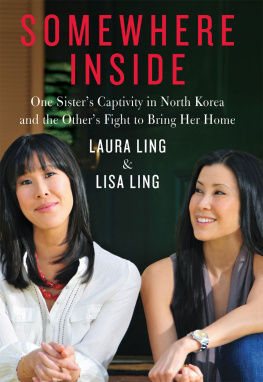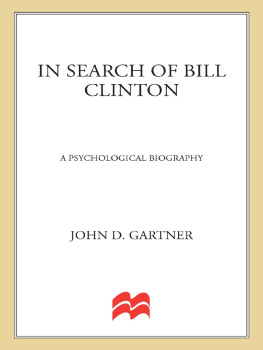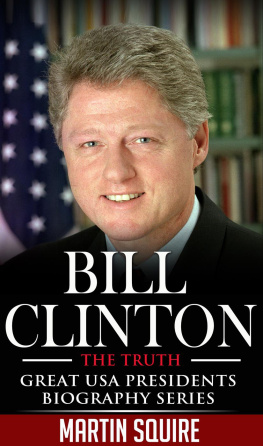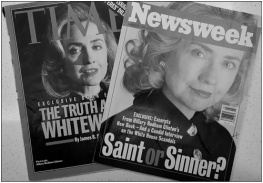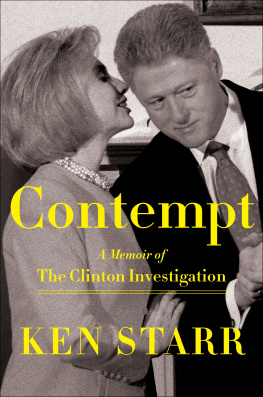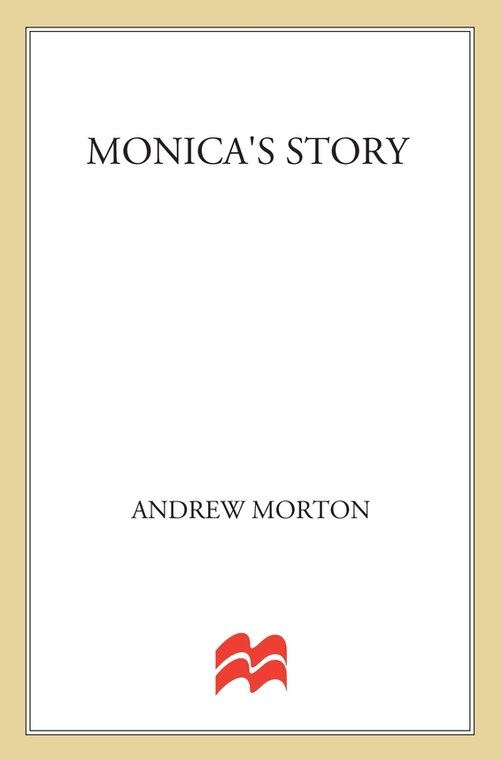Girl on a Swing
A S I WRITE, it is just over a year since Monica Lewinsky last met with the President, and yet he still haunts her nights and her waking hours. Indeed, he appears frequently in her dreams, ever present yet always elusive. I wake up some mornings and I have an instant moment where I miss him with every ounce of my being, my head, heart and body, she says. I miss the way he used to hold me, so much.
He generates a kaleidoscope of emotions ranging from tenderness and longing, to remorse, guilt and anger. There was a moment recently, she admits, when I closed my eyes real tight and imagined myself back in my little office in the East Wing of the White House. The phone rang I held my breath and sure enough, it was that voice, a voice so familiar to many but private to me, a voice suffused with longing, sadness and hunger.
It was so strange. My heart was beating loudly and I felt like I was really there. Sometimes I miss the joy that I felt as I walked towards the Oval Office after I got the call. My pulse would race and my face would be flushed; I got excited just thinking about his smell, his touch and the warmth of his body when he was close to mine. I couldnt wait for that first moment of a delicious kiss from my Handsome.
I cannot believe that my relationship with the President is over. The soft touches and strong hugs are gone for ever. I still miss the adoring look in his eye, and that broad grin that always greeted me.
Yet her sentimental musings upon Clinton the man easily give way to anger against the President who jabbed his finger and told the world that he had never had sexual relations with that woman. This is Monicas paradox, an inner battle that leads her to say, While there are some days when I miss his presence there are others when I never want to see him again, times when I have to turn off the TV because I feel sick looking at him. Yet however torn she may be emotionally, these days Monica sees Clinton far more as a politician than as a man, a politician, moreover, who lied to her and the nation. She says: I always knew he wasnt a very truthful person but the events of the last year have shown him to be a muchbigger liar than I ever thought. Now I see him as a selfish man who lies all the time. That makes me very angry and resentful.
This sense of outrage is, understandably, shared by her family and close friends. Thus one of the rare sources of dispute between Monica and Catherine Allday Davis is the fact that while Bill Clinton was Monicas boyfriend, he was also her President. Catherine is unforgiving, declaring: Hes my President, twice her age with a daughter almost the same age, and I cannot excuse his behavior.
Throughout the scandal, Monicas father resolutely refused to criticize the President, stonewalling TV-show hosts Barbara Walters, Larry King, and Katie Couric when he appeared on their programs. Since the publication of the Starr Report and the release of the Tripp tapes, however, he has hardened his heart. Today he states unequivocally: I hate his guts for what he did. I find it difficult to call the President of the United States a louse, but that is what he is. Im very angry about what he did to my daughter, who is just few years older than Chelsea. I dont think he would enjoy anybody doing that to his daughter. His cover up was cowardly, not having the guts to take responsibility for what he did.
Just as Monica is deeply angered by the way the President abandoned her in her hour of need, so she feels a profound loathing for Linda Tripp, and her cohorts, the people who betrayed her and the President. I have a lot of anger to go round, she says ruefully, her ruefulness an acknowledgment that until she puts those feelings aside she will never move on as a whole person. So while she considers suing Linda Tripp for illegally taping their conversations, she also knows that such a case would involve reliving the past, a past she is trying to put behind her, a past that constantly overwhelms her present, denying her the chance of a purposeful future.
Hand in hand with her sense of anger is her overwhelming feeling of guilt, shame for the trouble and anguish she has caused not only her family and friends, but the President and his family, and particularly Chelsea Clinton. She still cannot quite believe, and far less accept, that what started as an exciting, if furtive, fling three years ago has ended with the first ever impeachment of an elected President of the United States.
When, in mid-December 1998, Congress voted by a narrow partisan majority to impeach Clinton, Monica put herself on trial. I felt really, really bad for him, she says. I cried so hard, I felt so wretched, I just couldnt believe it was happening. She blamed herself for the Presidents woes, telling herself that if she had never confided in Linda Tripp, then the whole disastrous sequence of events would never have come about. Her argument is, as the lawmakers on Capitol Hill like to say, a hypothetical, the President himself contributing to his own downfall by dint of his testimony in the Paula Jones case and before Starrs Grand Jury.
While an inconsolable Monica spent the day in bed, unable to bear the news, the American people reacted in bemused horror as the House of Representatives elected to impeach the President even while that official, as Commander-in-Chief, had engaged the nations armed forces, with those of Britain, in a major bombing operation against Iraq.
The whole partisan affair bore the hallmark of the political show trials that marked Stalins regime in Communist Russia; state prosecutors launching a reign of terror, pitting mother against daughter, lover against lover, relative against relative, friend against friend, in a case where the verdict was known before the evidence was heard. More charitably, other observers have compared it to Lewis Carrolls Alices Adventures in Wonderland, in which the Queen of Hearts cries, No, no! .. Sentence firstverdict afterwards.
By any standards, the impeachment debate was surreal, a trial that managed to be both the high-water mark of the American legal system and, arguably, the nadir of natural justice, the triumph of the system over common sense. For Congress, which voted on party lines, decided to impeach the President on the ghost-written report of a man who had not even met, let alone interviewed, the key witnesses. In turn, that report was based on testimony before a one-sided Grand Jury. Yet, as they like to point out in legal circles, a smart prosecutor could indict a cheese sandwich before a grand jury.
Any such reservations were cast aside, however, when Congress voted that the President should be impeached on two articles; namely, that he perjured himself before the Grand Jury, and that he obstructed the administration of justice. These articles of impeachment were then sent from the lower legislative chamberthat is, the House of Representativesto the Senate, where a full trial began on January 7, 1999. The senators, all one hundred of them, were sworn in as jurors, of whom just over two thirds needed to accept the Houses case in order to remove the President from office. As the Republican Party does not have the requisite majority in the Senate, this was seen by many observers as a pointless, indeed absurd, exercise that would serve only to damage the country.
For Monica, the historic trial of President Clinton in the Senate provoked not only anxiety and guilt, but also resentment as the upper house of Congress debated whether witnesses were to be called, something for which the Republican prosecutors and Clintons opponents devoutly wished. Every day she waited in trepidation to see if she would be called as a witness, and thus to be grilled before the Senate live on prime-time television. She kept a bottle of vodka on ice to drown her sorrows if she were called, and a bottle of her favourite Veuve Clicquot champagne to celebrate if the Senate simply voted not to have witnesses called.

